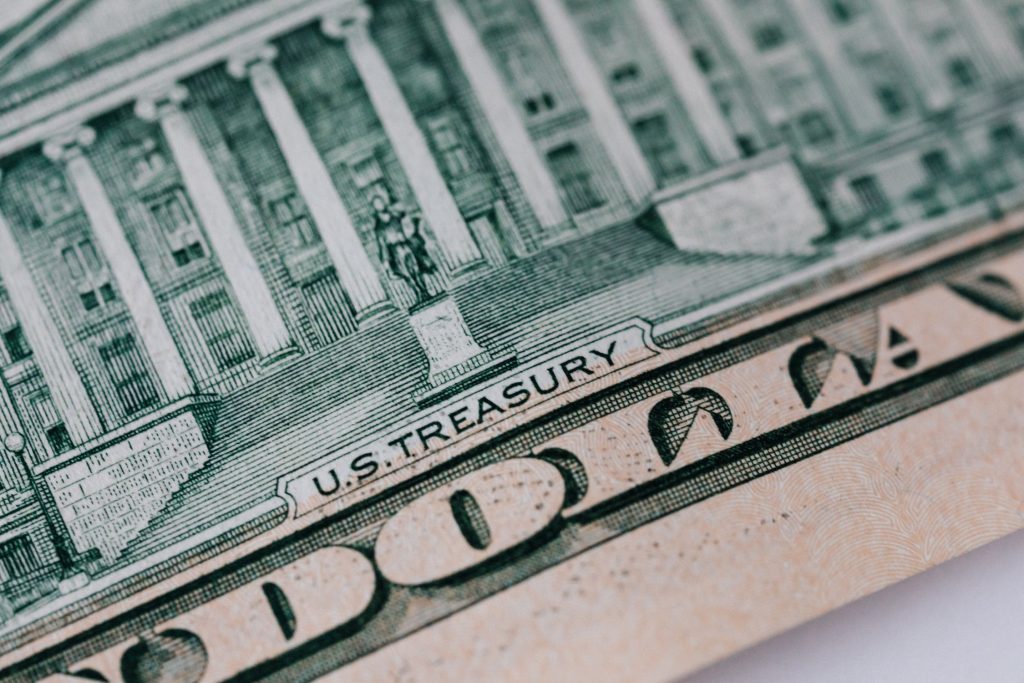The financial world can be like navigating through a minefield. This is especially true when you are trying to understand the importance of managing your credit report. These reports are full of information regarding your financial history which includes your personal history, such as your home and payment history, and any public records linked to your name.
Credit bureaus sell your credit report to insurers, creditors landlords, employers and anyone else with legitimate business needs. They utilize this information to determine the level of risk you pose to credit and insurance and employment, as well as renting and even utilities.

The Importance of Disputing Credit Report Errors
Although it’s well-known that credit scores play a an important role in a variety of aspects of our lives with money, a lot of people are unaware of the number of mistakes that can be found in these reports.
According to the Consumer Financial Protection Bureau, one out of five people have at least one mistake in their credit report. Other studies have shown that as high as 79 percent of credit reports for consumers have an error of some kind. This means that four out of five people could have incorrect data on their credit report, a situation that is equally shocking and concerning.
The consequences of such mistakes can be devastating. More than 25 percent of credit report mistakes are sufficient to cause the rejection of credit, or an increase in interest rates. For mortgages, a strong credit score could help you save more than $100,000 over the course of a loan of $250,000.
If a credit report is inaccurately records your personal information and you are charged an additional $100,000 for a 30-year mortgage, highlighting the importance of resolving mistakes on your credit report.
Know Your Rights: The Fair Credit Reporting Act (FCRA)
In light of the serious negative consequences of mistakes on your credit report It is crucial to examine your credit report regularly. Fortunately the law is with you. The United States government enacted the Fair Credit Reporting Act (FCRA) that requires the major credit bureaus to give accurate data about you.
The FCRA also states that credit bureaus should have a dispute procedure in place for consumers to contest any mistakes on their credit reports. If you dispute something on your credit report the credit bureau has to inform the provider of information, who has between 30 and 45 days to confirm the accuracy of the report.
If they are unable to verify the information they have to rectify it or erase the report from your credit file. After corrections are made the credit bureau is required to notify anyone who has been provided with your credit report within the last six months.

Common Causes of Errors on Credit Reports
Despite strict procedures and regulations, mistakes could still appear on the credit report. The reasons behind these errors are numerous. Financial institutions like lenders as well as credit card issuers and collection agencies can give incorrect information. It’s normal for mistakes to happen, they’re humans after all.
In other cases, mismatches are caused by the same names, or Social Security numbers. There are instances when the account details of a family member are incorrectly listed on a user’s credit report because of name resemblances. Identity theft is a different cause of errors on credit reports. If your Social Security number was stolen and used to open a new credit account it may show up in your credit report.
Another error that is common is the account re-aging which happens when debt collectors move the accounts of your clients around. These errors are all too frequent and should be challenged.

The Process of Disputing an Error on Your Credit Report
The dispute procedure can be carried out through phone, mail or online. The most efficient method of initiating dispute is to send an official letter with a return receipt. This method lets you keep a record of every correspondence you have with the credit bureau. It is important to note that submitting a dispute online through the site of the credit bureau may lead you to surrender certain rights.
1. Check Your Credit Report for Errors
The first step in disputing mistakes on your credit report is to get the copies of your credit reports. The three credit bureausthree namely Equifax, Experian, and TransUnion are legally required to provide you with a free credit report per year. Once you’ve received these reports, you should take some time to carefully reviewing them.
Check that all information that you provide, including your personal information are accurate. Check for any accounts that are not in good standing on every credit report. Do you find anything suspicious? If so, you’re able to contest the account that is causing the error.
2. Send a Credit Dispute Letter
The Consumer Financial Protection Bureau suggests contact the credit bureaus that have reported the error. The most efficient method for this to be done is by written correspondence. It is important to note that filing an appeal won’t harm your credit score.
There are samples of dispute letters on the internet that can help you through the procedure. With your correspondence, you could also include the copy of your credit report, or any other documents you think could be helpful however this isn’t absolutely necessary.
Each credit bureau offers the credit bureau dispute form on their websites. However, a personal letter is usually more effective and is recommended.
3. Wait for the Credit Bureau Investigation and Response
When a credit bureau is notified an alert of a dispute they have to undertake an investigation. The lender, credit card company or any other data supplier associated with the account that is disputed must also investigate the claim. They are then required to submit their findings to the credit bureau.
If incorrect or incomplete information is discovered in the account that is disputed the creditor has to inform the three credit bureaus. In some cases the creditor may not be able to contact the credit bureau. In such instances the credit bureau is required to take the dispute from your credit file.
Typically, you should expect to hear from a credit bureau around 30-45 days after they have received your letter of dispute. However, you might get the outcome of your dispute sooner in certain cases.

Dispute Addresses & Phone Numbers for the Three Major Credit Bureaus
Equifax
Address:
Equifax Information Services LLC
P.O. Box 740256
Atlanta, GA 30374-0256
Phone number: (800) 685-1111
Experian
Address:
Experian
P.O. Box 4500
Allen, TX 75013
Phone number: (888) 397-3742
TransUnion
Address:
TransUnion LLC
Consumer Dispute Center
P.O. Box 2000
Chester, PA 19016
Phone number: (800) 916-8800
The Importance of Follow-Up
If you don’t get the desired results from your dispute or your letter isn’t answered you’ll have follow-up. If you don’t get a response within 30-40 days, you should send a follow-up letter. You can also make a formal complaint to the Federal Trade Commission (FTC).
Although the FTC does not solve the individual disputes of consumers, having an original copy of the complaint could be used as evidence should you decide to take action against the credit bureau over non-compliance with the law.
Getting Professional Help
Resolving errors on your credit report can be a difficult and time-consuming job. If you’d like assistance from a professional or simply do not have the time, you should consider using one of the best credit repair services. They are able to communicate with credit bureaus and creditors especially when these organizations aren’t cooperating. To get the best results, think about making use of their services.




One Comment